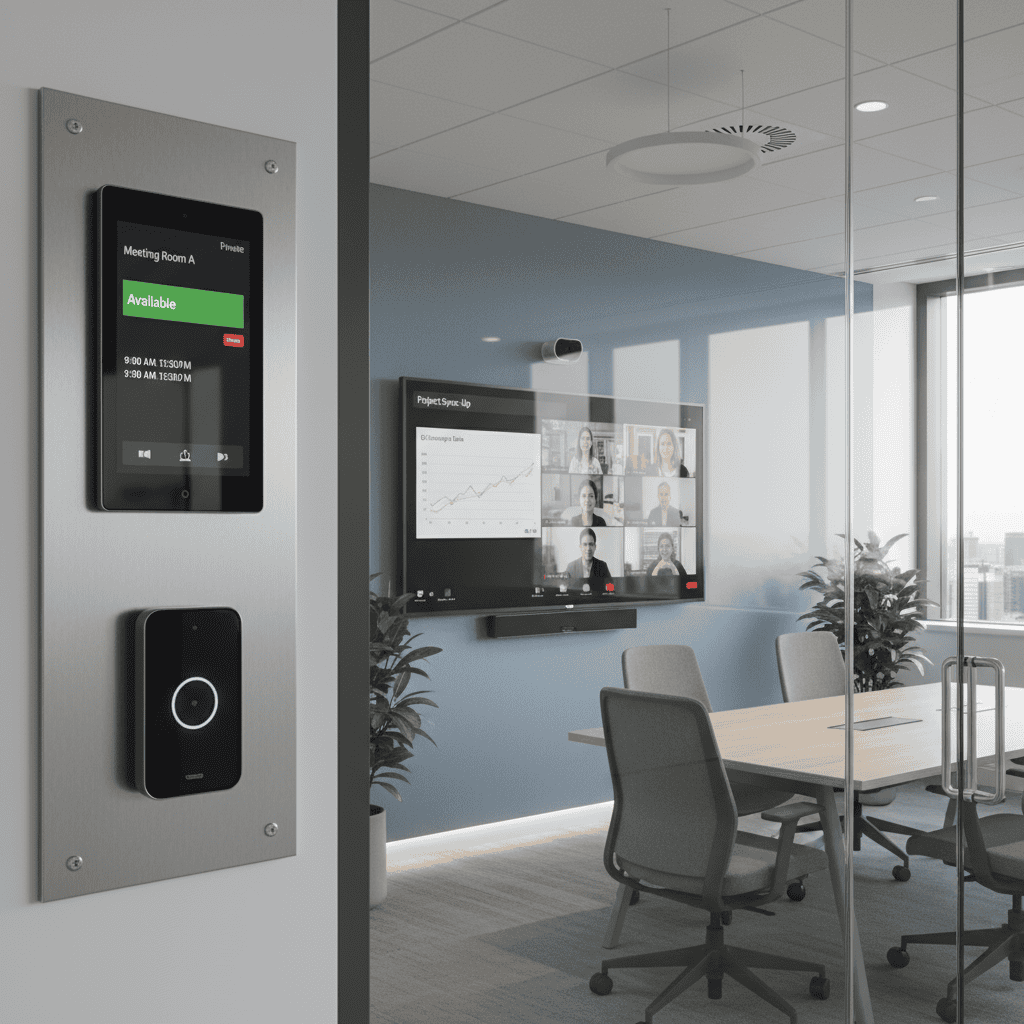Public vs Private Cloud: Understanding the Key Differences

There is a lot that goes into running a business, especially in the technical age of today. With all of the information that your organization processes online, passing a flash drive between departments to share and store all of it seems impractical.
Enter the cloud ‒ in this instance, the public and private cloud. This cyberinfrastructure allows organizations to make all aspects of online data easier, whether it be running applications, storing or sharing information, or ensuring the security of sensitive data.
Read on to explore the differences between public and private clouds and determine which option would be best for your needs.
What is cloud computing?
Cloud computing enables users to access data uploaded to it via remote servers, or clouds. These clouds act as a liaison between a user and the data they need access to.
Public cloud vs private cloud
The differences between public and private clouds grow more and more nuanced by the day. The main difference between public and private clouds is who has access to the data in question.
The involvement of a third party makes a cloud public. Public clouds utilize someone outside the organization to handle the previously mentioned aspects of a cloud. A third party stores and has access to the data.
On the other hand, a private cloud is handled entirely in-house. Sometimes, this is taken completely literally, with all data being stored in a data center physically located within the organization. Other times, private clouds have off-site locations. Either way, a private cloud is exactly that – private to the organization.
Important factors in choosing
What factors should your organization consider when choosing a data hosting model? There is a lot that goes into your final decision. The sensitivity of the data in question and the size of your organization are a couple things to be sure to consider.
Data sensitivity
One of the most important factors to consider is the sensitivity of the data on the cloud. The most sensitive data should be safeguarded in every possible way. A private cloud is one of those ways.
Organizations like hospitals and government agencies use private data centers to ensure no outside people or groups have access, even just to store it for them.
Conversely, if the security of the data in question isn’t as essential, or a different factor trumps security, a public cloud may be the better choice. Determine the sensitivity of the information you work and how secure you want it to be, and go from there.
Organization size
Another factor to consider is the size of your organization. On smaller levels, something like a private cloud may not be in the budget. However, sometimes a private cloud can be more cost-effective than a public one.
Organization size can also be taken literally instead of monetarily. Sometimes, organizations simply don’t have the space or employees to maintain and monitor a private cloud. In instances like this, opting for a public cloud may be wise.
What about a hybrid cloud?
A mix between a public and private cloud does exist. A hybrid cloud is rather simple. It utilizes public and private clouds to draw from the best of both.
With a hybrid cloud setup, organizations could utilize an in-house cloud to host the more sensitive data. In turn, they would use a public cloud for more casual, everyday applications.
Sometimes, the private cloud acts as a sort of foundation piece. The public cloud may play a supplementary role for short periods of expanded data demand
Ensuring cloud security
Ensuring the security of your cloud’s information depends on what kind of cloud you have. Data being compromised is inherently a bigger problem with public clouds because of the involvement of a third party.
When choosing a cloud, there are some critical factors to ensure the highest level of security.
Read any user agreements
With a public cloud, ensuring that you thoroughly read any user agreements before doing anything is paramount. There are many cloud providers ‒ some of which can be scams. Look for any language that comes across as alarming or hints that a provider may not be as professional as they appear.
If they are indeed a legitimate provider, they may have stipulations about what they can do with your data if they host your cloud. Regardless, no harm can come from carefully perusing user agreements before final decisions are made.
Protect devices from malware
Any device that is connected to your organization’s cloud can access it. In turn, any malware on that device can also access the cloud. While it is more indirect, this is still a genuine threat.
Installing antivirus software on any virus that has access to the organization’s cloud is a great way to prevent a crisis like this. Training anyone with access to the cloud to recognize indicators that a file or link may be malware is a proactive step in cloud security.
Use a private Wi-Fi connection
The final precaution may seem simple, but it falls under a similar umbrella as the previous one. While it takes work and know-how to do, devices on the same public network have access to one another.
Using a device that has access to your cloud on a public network, like a coffee shop or university, opens the door to a breach in security. Connect to public Wi-Fi sparingly and only when absolutely necessary.
Integrating a cloud
There are a lot of steps and precautions to take when committing to using a cloud. It can be a daunting task, but don’t let it sway you from integrating a cloud service into your operations.
i.e. Smart Systems is committed to helping you integrate technology into the workplace seamlessly. Contact us today to get started setting up your cloud and streamlining your work process.
About i.e.Smart Systems
i.e.Smart Systems is a Houston, TX based technology integration partner that specializes in design and installation of audio/visual technology and structured cabling. For more than three decades, our team of in-house experts has partnered with business owners, architectural firms, general contractors, construction managers, real estate developers, and designers in the Houston market, to deliver reliable, scalable solutions that align with their unique goals.




